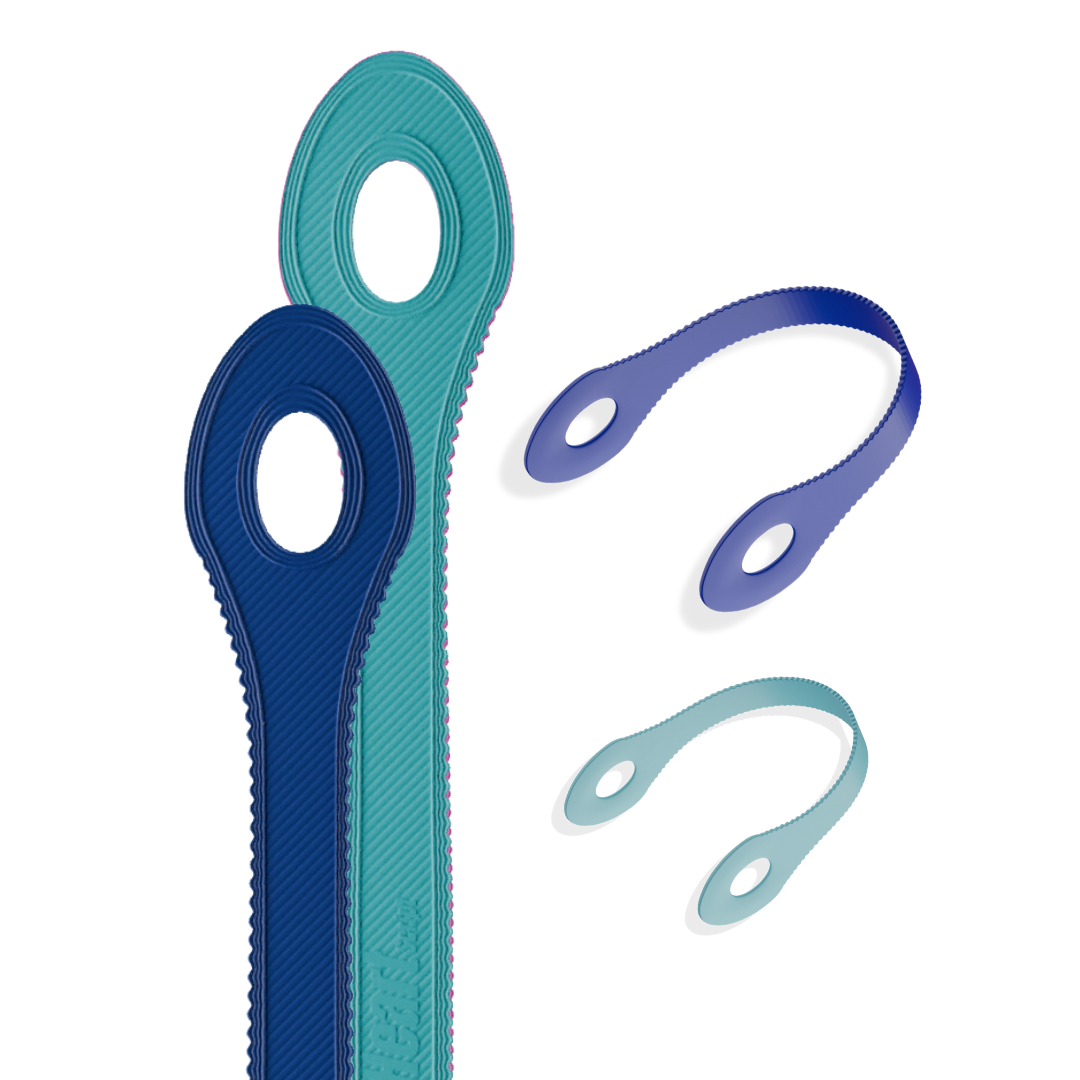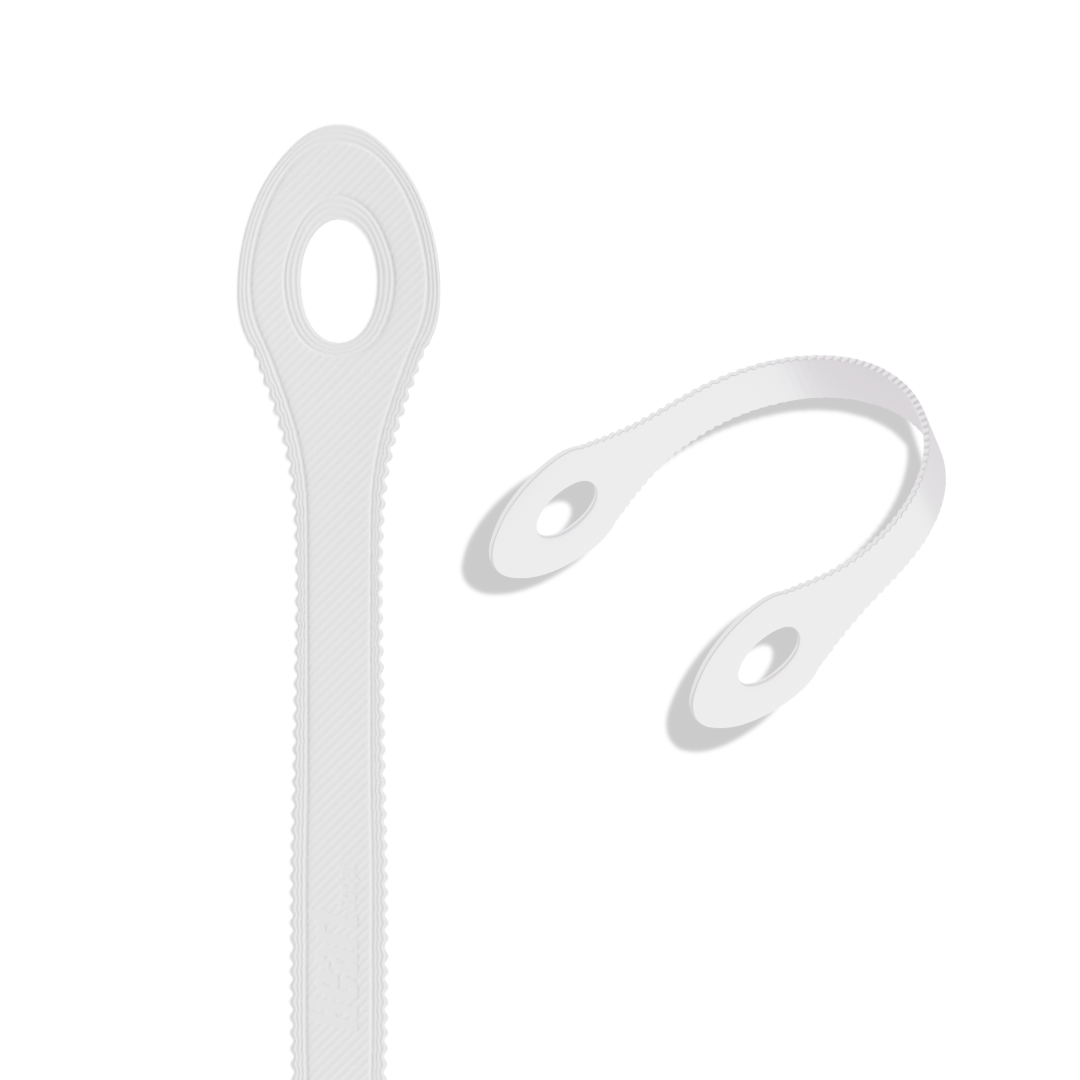You walk out of the dentist’s office with smooth teeth and squeaky-clean gums — but then, to your surprise, your breath doesn’t feel as fresh as you expected. Sometimes, it even smells worse.
If you’ve noticed bad breath after a dental cleaning, don’t worry. It’s a common (and temporary) issue — and there are simple ways to fix it.
In this guide, we’ll explain:
-
Why breath can smell worse after a cleaning
-
How long it lasts
-
What you can do at home to refresh quickly
-
Why tongue scraping is one of the best solutions

Why Breath Can Smell Worse After a Cleaning
1. Disturbed Bacteria
-
A cleaning removes plaque and tartar, but also disrupts bacterial colonies on your teeth and gums.
-
As these bacteria die off, they release volatile sulfur compounds (VSCs) — the main cause of odor.
2. Gum Irritation
-
Scaling or deep cleaning may cause slight bleeding.
-
Blood proteins can feed bacteria, temporarily worsening odor.
3. Plaque Pockets Exposed
-
Deep cleanings expose areas that were hidden under plaque/tartar, releasing odor that was trapped.
4. Dry Mouth After Appointment
-
Mouth stays open for 30–60 minutes → reduced saliva → more odor.
👉 Internal Link: Learn more about halitosis in “Halitosis: Causes, Treatments, and Prevention Strategies.”

How Long Does It Last?
-
For most people, post-cleaning odor lasts 24–48 hours.
-
If odor persists beyond a few days, it may signal gum disease, dry mouth, or another underlying issue.
👉 Internal Link: See “The Science Behind Bad Breath: What’s Really Happening on Your Tongue.” for a breakdown of odor-causing bacteria.
What You Can Do to Fix It Quickly
1. Scrape Your Tongue Daily
-
Cleans away sulfur compounds and bacteria released after cleaning.
-
More effective than brushing alone for fresh breath [PubMed, 2004].
👉 Internal Link: Step-by-step guide in “How to Clean and Care for Your Heart Script Tongue Scraper.”
2. Stay Hydrated
-
Drink plenty of water to flush bacteria and boost saliva flow.
3. Use Alcohol-Free Mouthwash
-
Helps rinse bacteria without drying tissues.
4. Snack on Fresh Foods
-
Apples, parsley, and celery naturally neutralize odors.
👉 Internal Link: See “Best Foods for Naturally Fresher Breath.”
5. Keep Routines Consistent
-
Brush twice daily.
-
Floss at least once daily.
Scrape once or twice per day.

Why Tongue Scraping Is the Best Post-Cleaning Fix
Dental cleaning removes buildup on your teeth and gums — but most odor-causing bacteria live on your tongue.
Scraping after a cleaning:
-
Removes sulfur compounds released by disturbed bacteria.
-
Prevents odor from lingering for days.
-
Complements your professional cleaning for all-day freshness.
💙 Heart Script scrapers are designed by dental hygienists to give you confidence in 10 seconds a day — especially after cleanings.
👉 CTA: [Stay Fresh After Your Cleaning → Shop Heart Script Now]
FAQs
Q: Is bad breath after cleaning normal?
Yes, it usually lasts 1–2 days. Longer than that may require follow-up with your dentist.
Q: Should I use mouthwash after a cleaning?
Yes — but choose alcohol-free to avoid dryness.
Q: How soon after a cleaning can I scrape my tongue?
Right away — gentle scraping is safe and effective.
Conclusion
Bad breath after a dental cleaning is common, temporary, and nothing to worry about. By scraping your tongue daily, staying hydrated, and maintaining your routine, you can get past the adjustment phase quickly and enjoy the full benefits of your cleaning.
Tongue scraping ensures that your post-cleaning confidence lasts — not just your polished teeth.
👉 Shop Heart Script Scrapers → The Perfect Post-Cleaning Companion





